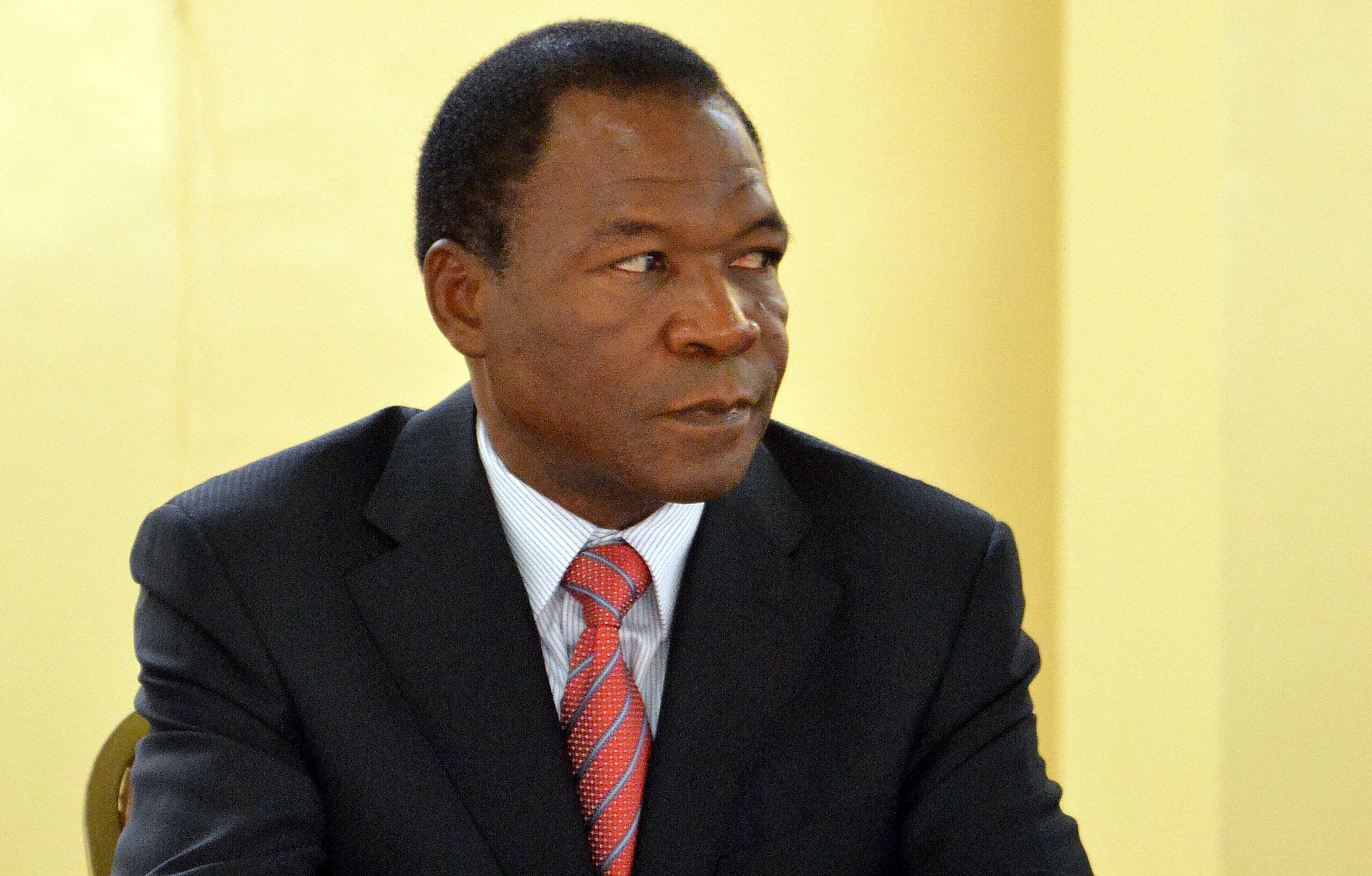
Introduction: A Legal Battle with Broad Implications
Why is François Compaoré stranded in Côte d’Ivoire, unable to secure a visa to return to France, where he has lived for eight years? This complex situation highlights tensions between individual rights, political considerations, and administrative constraints. As governments across the globe adopt stricter immigration policies, this case invites us to reflect on how the intersection of political pasts, human rights, and administrative decisions shapes the modern world. Could this case set a precedent for the treatment of politically exposed individuals seeking refuge in foreign lands?
Neutrality and Impartiality: A Multidimensional Case
François Compaoré, younger brother of former Burkinabè president Blaise Compaoré, faces administrative and legal hurdles in returning to France. This case underscores the conflict between his personal circumstances—marked by health issues and security risks—and political controversies stemming from his past in Burkina Faso. While his lawyers argue that the risks to his safety and well-being are severe, the courts have twice rejected his appeals, citing insufficient evidence of urgency or danger. This delicate balance between neutrality and compassion tests the boundaries of administrative decision-making.
Solid Evidence and Expert Citations: The Legal Grounds for Rejection
According to the December 27, 2024 order obtained by Jeune Afrique, the judge ruled that the documents submitted failed to demonstrate a real and immediate risk to Mr. Compaoré’s life. For instance, medical certificates provided did not substantiate the urgency of the claimed surgical intervention. Furthermore, the argument concerning security risks—including potential abduction or assassination—was weakened by his residence in a secured home in Abidjan, monitored 24/7 by surveillance and a private guard.
Legal experts have pointed out that the court’s reliance on procedural consistency is emblematic of a broader trend in immigration law. This trend often prioritizes administrative protocols over nuanced humanitarian concerns, raising questions about the rigidity of such systems in addressing unique cases.
Historical and Political Context: The Shadow of the Past
François Compaoré’s personal history is closely tied to that of his brother Blaise, whose 27-year rule in Burkina Faso ended in 2014 following widespread protests. Blaise Compaoré now lives in exile in Côte d’Ivoire, while accusations of human rights abuses, including involvement in the 1998 murder of journalist Norbert Zongo, continue to haunt both brothers. This historical backdrop adds complexity to François Compaoré’s situation, particularly concerning the risk of extradition to Burkina Faso. Despite assurances from Ivorian authorities that extradition remains unlikely, the specter of his political past looms large, influencing judicial and diplomatic outcomes.
Anecdotes and Concrete Examples: Lives in Limbo
While François Compaoré awaits a response to his requests, his wife and four children remain in France. The separation over the holiday season underscores the human cost of bureaucratic delays. Family members have described the strain of uncertainty, emphasizing the emotional toll of a process that feels both interminable and impersonal. Such anecdotes highlight the broader impact of immigration policies on families, who often bear the brunt of systemic inefficiencies.
Anticipating Criticism: Balancing Sovereignty and Compassion
French judicial and administrative decisions are rooted in established legal precedents, including European Court of Human Rights (ECHR) jurisprudence. However, critics might argue that these decisions lack compassion for a clearly human situation. By adhering strictly to procedural norms, the system risks alienating individuals caught in extraordinary circumstances. Conversely, proponents of these decisions argue that any leniency could set a precedent for misuse, potentially undermining the integrity of immigration systems.
Conclusion: A Case Far from Resolved
The François Compaoré case highlights the tension between individual rights and administrative imperatives in a politically charged context. As his lawyers plan further legal action, this case serves as a stark example of the challenges faced by individuals with controversial political histories. Beyond the immediate legal and political ramifications, this case forces a deeper reflection on how states reconcile sovereignty with humanity. What lessons can be drawn for the future of state relations and the management of human rights? One certainty remains: this case raises universal questions about national responsibilities toward residents’ rights and the limits of migration policies in a globalized world.
© 2025 – Odon Bulamba / ADR